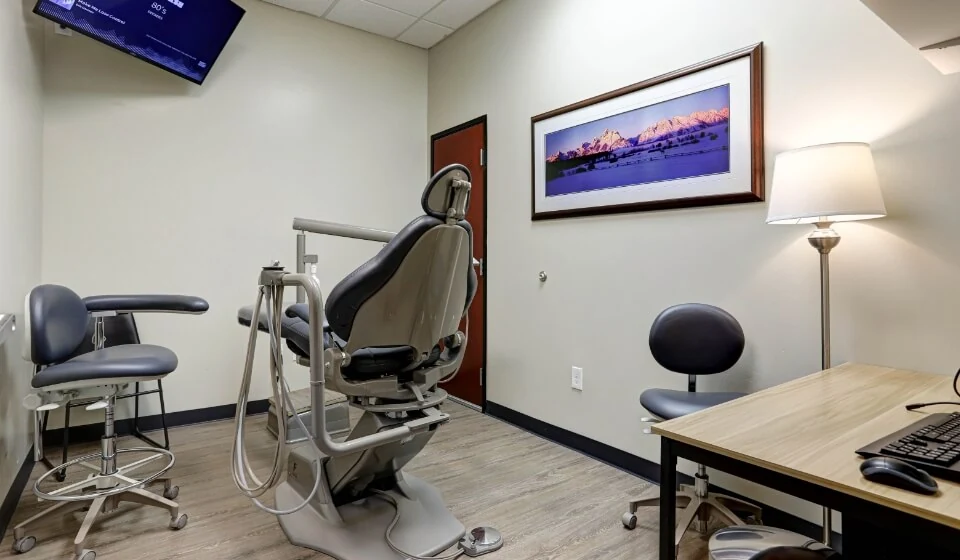Limited-Time Dental Promotions
At Scott Condie Dentistry, we are committed to helping each patient receive the treatment they deserve.
Offers Expire: April 30th, 2024
Comprehensive Care for Winning Smiles
For over two decades our dental practice has kept Gilbert and the surrounding areas smiling confidently and eating heartily. You can trust your smile to our skills, experience, and expertise just as thousands of others have.

The Quality Care Your Smile Deserves
We believe in treating each patient like we would our own families. Dr. Condie built his practice on a strong work ethic that focuses on honest work done to the best of his ability. This translates into exceptional care for our patients, whether you’re here for a preventive exam, or you need expert tooth replacement with dental implants.

Gentle Sedation Dentistry Options
We offer several sedation options that will help you relax in our dental chair. Dr. Condie has advanced sedation training. He will explain each option and help you decide which one best suits your needs. You’ll also feel at home with heated pillows, blankets, essential oils, and music.
Featured Services
Restorative Dentistry
Dr. Condie and his team have restored countless smiles from tooth loss, damage, and more, thanks to advanced technologies and cutting-edge solutions. Dental restorations like implants, dentures, crowns, and more can restore your smile's appearance, function, and confidence!Cosmetic Dentistry
It's never too late to achieve the smile of your dreams! Our cosmetic dentist can transform the appearance of your smile with teeth whitening, gum shaping, orthodontics, complete smile makeovers, and much more.Sedation Options
Our team prioritizes relieving dental anxiety, so you can have a positive, comfortable dental experience. Our gentle treatment will help you relax and receive the essential dental care your smile needs.Visit Us Today
1757 E Baseline Road, Suite 109, Gilbert, AZ 85233 (480) 497-2000- Monday:
- 8:00am - 5:00pm
- Tuesday:
- 8:00am - 5:00pm
- Wednesday:
- 8:00am - 5:00pm
- Thursday:
- 8:00am - 5:00pm
- Friday:
- By Appointment












